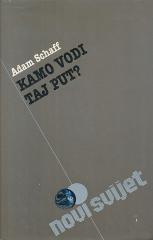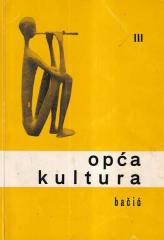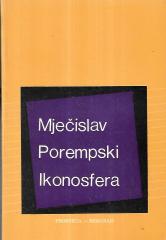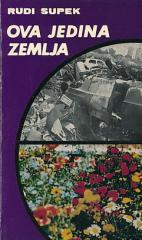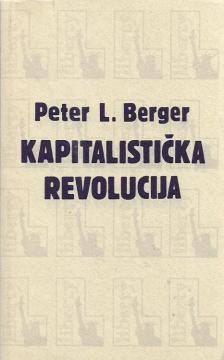
Kapitalistička revolucija: Pedeset postavki o blagostanju, jednakosti i slobodi
Peter L. Berger's book is a sociological analysis of capitalism as a cataclysmic force in modern society. Berger's thesis is that capitalism is not just an economy, but a revolutionary process that changes the material, social, political, and cultural asp
The book contains 50 theses in chapters on prosperity, equality, and liberty. Key ones: “Industrial capitalism has generated the greatest productive force in human history” (thesis 1); capitalism improves living standards in the Third World better than socialism, including for the poorest (thesis 27); it is compatible with high state intervention (Asia, thesis 34). Berger contrasts capitalism with socialism: the former creates wealth and democracy, but increases inequality and erodes tradition (family, religion); the latter has mythological appeal but empirically fails (the fall of the USSR, reforms in China). Quote: “Capitalism is and always has been mythologically damaged, because it is an economic system and nothing else; it just functions without poetry.”
Berger, pro-capitalist but nuanced, calls for the falsification of theses: capitalism wins because it “works,” but needs an ethical defense against utopian alternatives. Influenced the transition debates in Eastern Europe, praised for pragmatism (LSE review), criticized for neglecting social costs (Reason). In Croatia, relevant to the 90s transition. Final thesis: “The hypothesis would be refuted by the day when poets celebrate the Dow Jones and many risk their lives for the Fortune 500.” Berger's oeuvre reminds us that modernity is a capitalist revolution – inevitable, but challenging.
One copy is available

